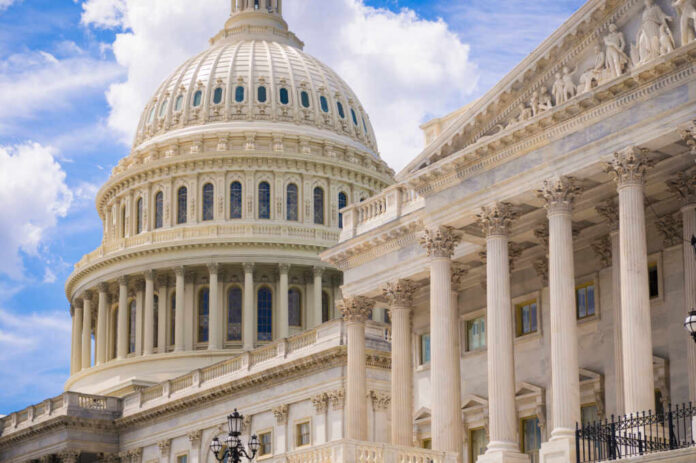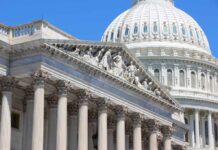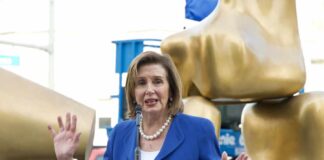
In a growing trend in American politics, a record number of lawmakers from both major parties are announcing decisions not to seek reelection. The wave of retirements adds new uncertainty to the likely outcomes of next November’s elections, although there is no doubt of the significance of the stakes involved.
Commenting on the surge of congressional retirements, Georgetown University Government Affairs Institute senior fellow Laura Blessing said, “With the October that we had, I think the American people could be forgiven for thinking that the word unprecedented was just another name for Tuesday for a while.”
Two more House members announce they won't seek reelection | Just The News https://t.co/qeLgVhojTn
— John Solomon (@jsolomonReports) December 15, 2023
There are diverse reasons for the spike in retirement, ranging from personal ambitions to disabling frustration with the current state of Washington politics. Rep. Dan Kildee (D-MI) said, “It seems like the norms are gone. Any kind of respect for the institution is gone. Any kind of obligation to be truthful is the exception.”
Several Republicans have expressed similar sentiments. Rep. Debbie Lesko (R-AZ) announced last week she has decided not to stand for reelection next year, saying, “Right now, Washington, D.C. is broken.”
The two latest retirement announcements came this week from Reps. Drew Ferguson (R-GA) and Wiley Nickel (D-NC). Nickel would have faced an uphill battle to hold his seat after the recent redistricting legal battle in the Tarheel State. He told reporters, “Republicans have rigged the system to favor themselves, and I don’t have a path to run for reelection.”
Both parties face strategic challenges in the coming year due to losing multiple incumbents. National Republican Congressional Committee spokesperson Jack Pandol said, “Swing-seat Democrats are racing for the exits and making their party’s climb out of the minority even steeper.”
Rep. Ken Buck (R-CO) lamented the effect of the coming turnover in personnel on accomplishing the GOP’s legislative agenda. “We really need to work on issues; there’s no incentive structure here to do that,” he said.
Retiring Rep. Earl Blumenauer (D-OR) recently said, “I’m not certain that two more years in Congress in this climate is the best way to deal with things I care about.”
The loss of multiple incumbents is sure to tax the resources of both parties. The high incumbent reelection rate in U.S. congressional races is a notable phenomenon that has persisted over the years. In the 2022 general elections, 94% of incumbents were re-elected. This rate represents an increase from the 93% of incumbents who won in November 2020 and a significant jump from the 86% in the 2021 general elections. Over the past two decades, the lowest reelection rate for the U.S. House of Representatives was 85%, while the mean reelection rate exceeded 94%.

































